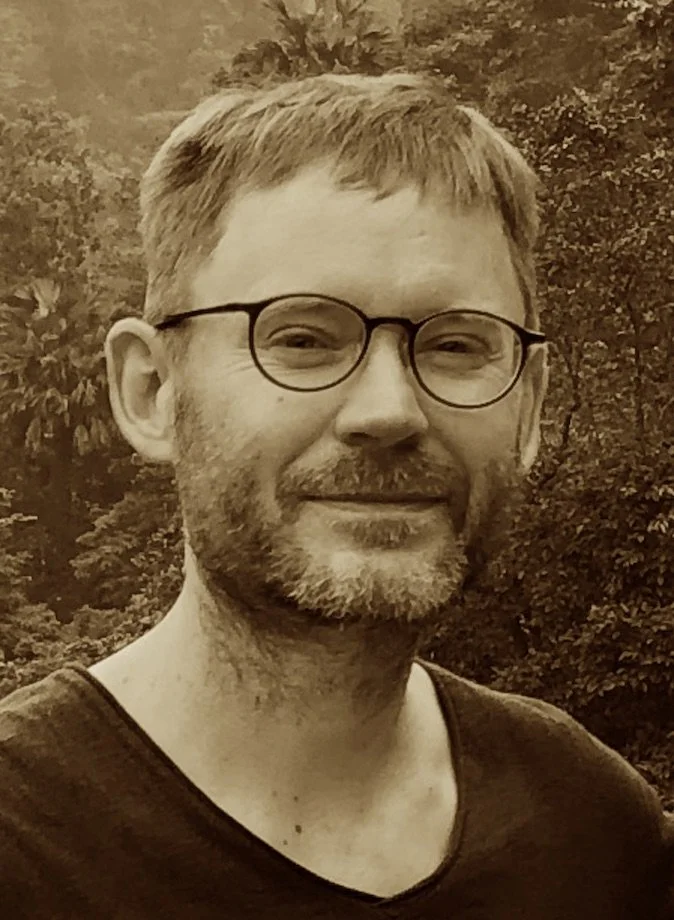Gergely Mohacsi | Planting the Seeds of Resilience
Gergely MOHÁCSI is an Associate Professor in the School of Human Sciences at Osaka University, Japan. He is a medical anthropologist with special interest in science and technology studies and comparative ethnography. His ethnographic fieldwork in Western Japan and Northern Vietnam looks at grassroots and participatory modes of environmental health, especially in the area of drug development. By highlighting the entanglement of different medical traditions in the process from growing plants to producing and metabolising new medications, his aim is to explore the methodological possibilities and challenges of ethnographic comparisons. He is currently leading the collaborative research project Comparative Approach to Multispecies Coexistence in the Anthropocene, funded by the Institute for Research in Humanities at Kyoto University (2020-2023). He is also part of the TransAsia STS network and editor of the open-access journal NatureCulture.
Further Reading:
Larsson, Joakim et al., 2018. Critical knowledge gaps and research needs related to the environmental dimensions of antibiotic resistance. Environment International 117: 132-138. doi: 10.1016/j.envint.2018.04.041
Mohácsi, Gergely. 2021. Toxic Remedies: On the cultivation of medicinal plants and urban ecologies. East Asian Science, Technology and Society 15(2): 192-210. doi: 10.1080/18752160.2021.1897738
Myers, Natasha. 2019. From Edenic Apocalypse to Gardens Against Eden: Plants and People in and after the Anthropocene. In Infrastructure, Environment, and Life in the Anthropocene, edited by Kregg Hetherington. pp. 115-148. Durham: Duke University Press.
Nading, Alex. 2017. Local biologies, leaky things, and the chemical infrastructure of global health. Medical Anthropology 36(2): 141–156. doi.org/10.1080/01459740.2016.1186672
Takahashi, Kyoko. 2018. The Medicinal Traditions of Nara: Preserving Herbal Ingredients. approach, Autumn 2018.

